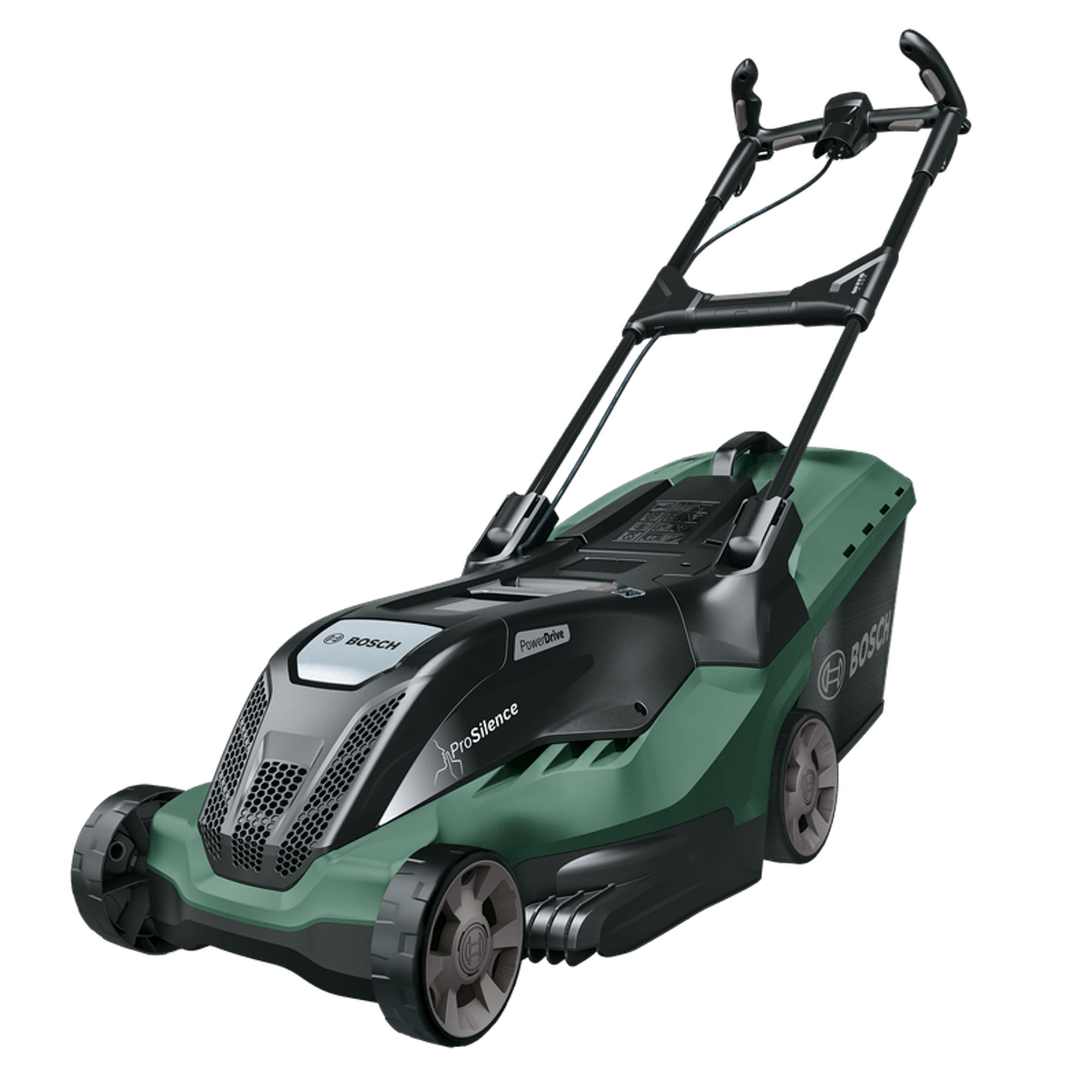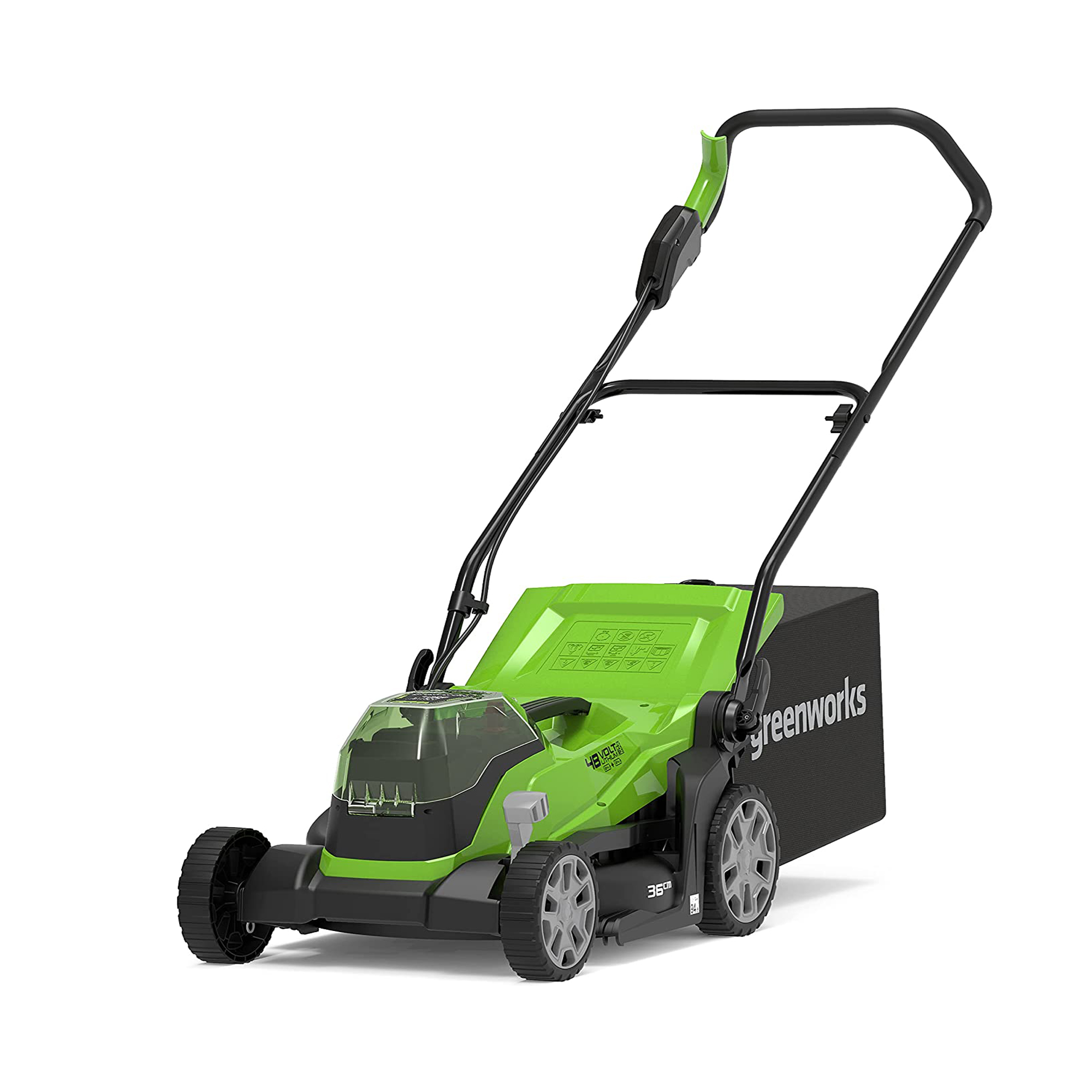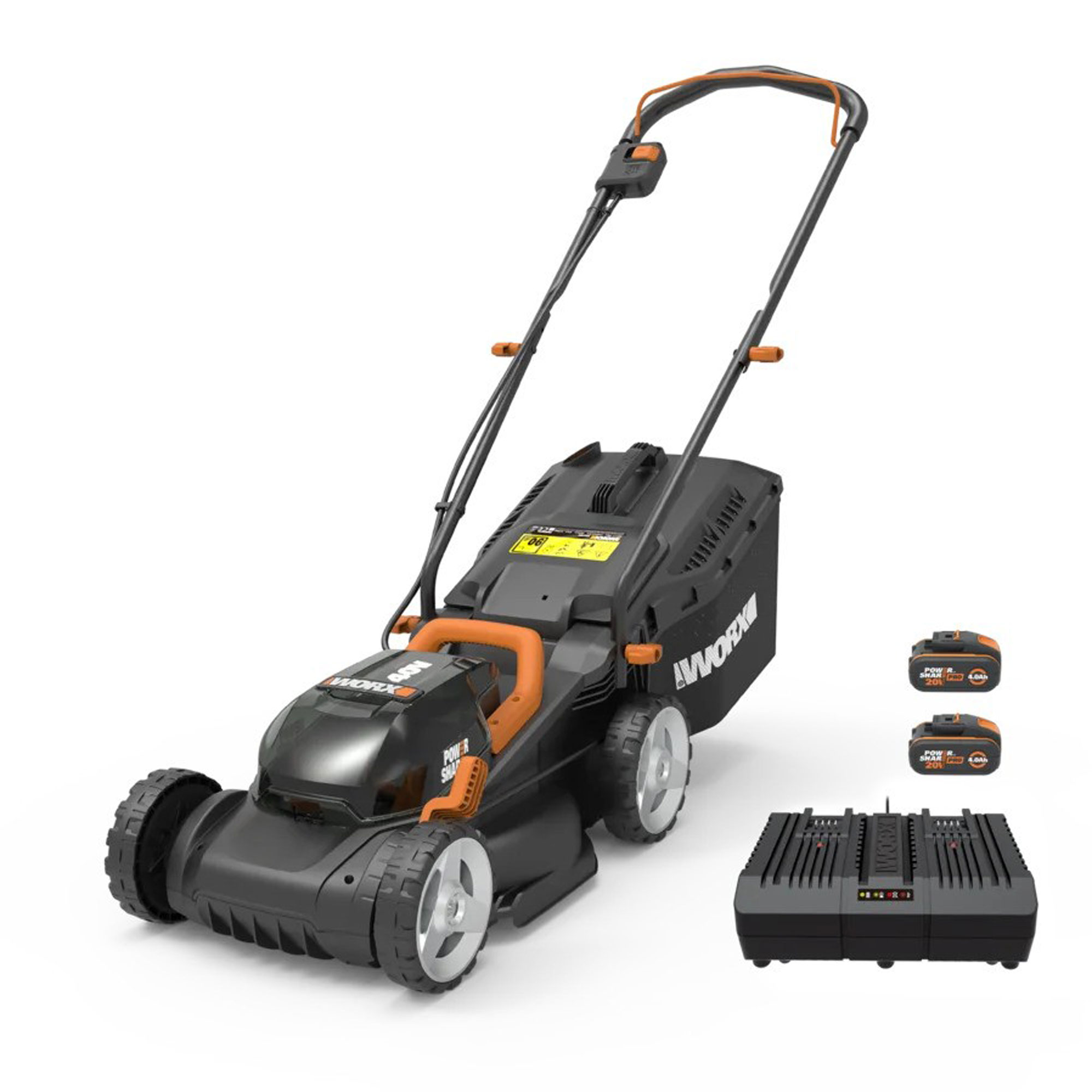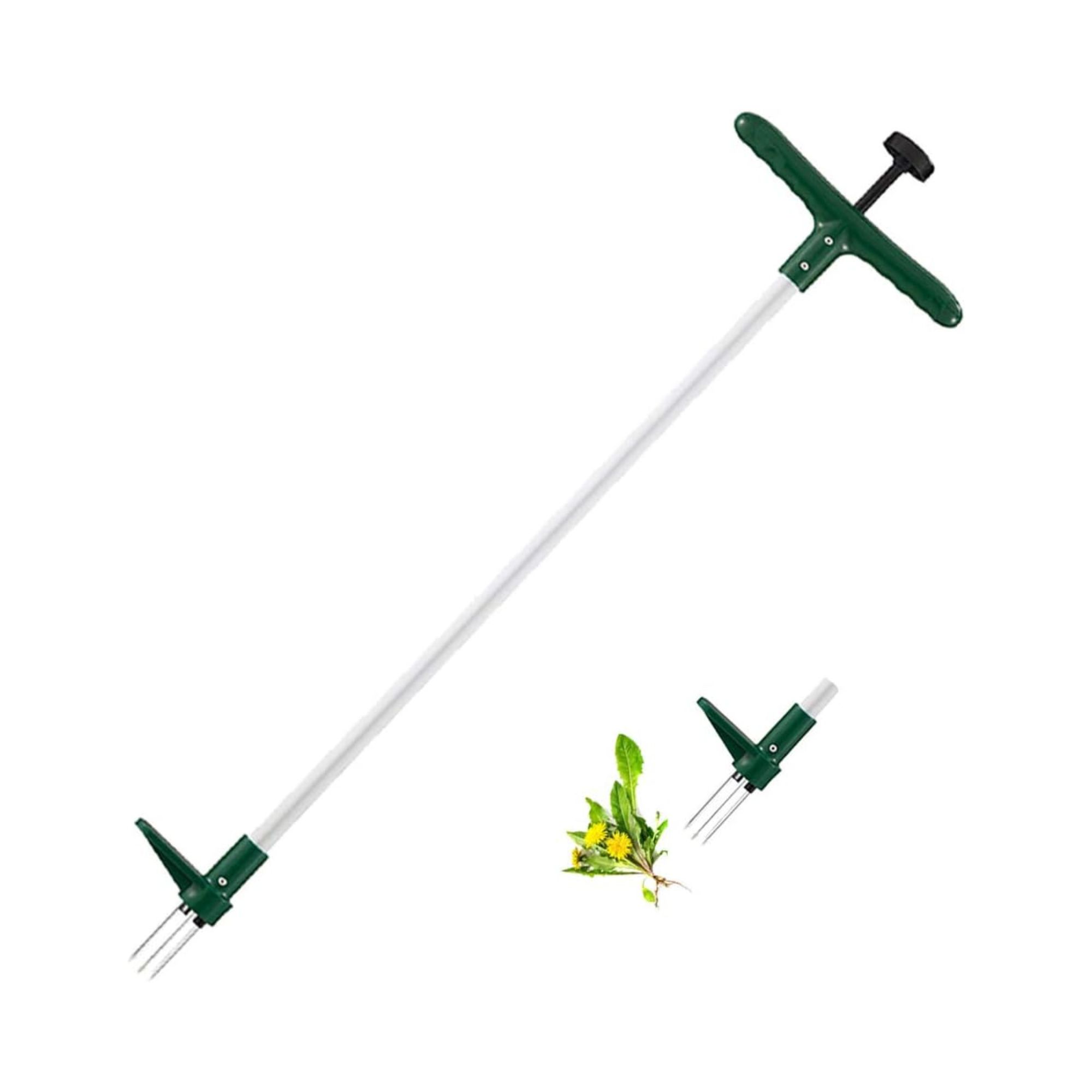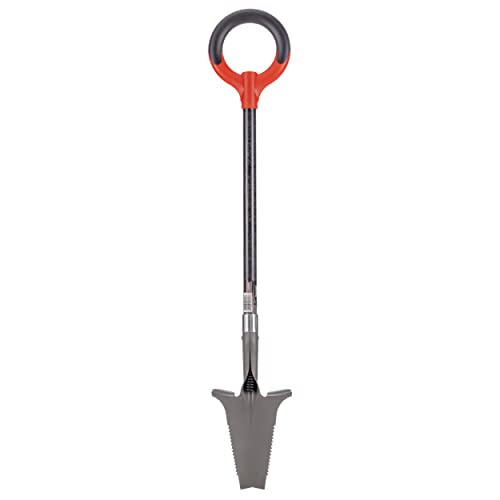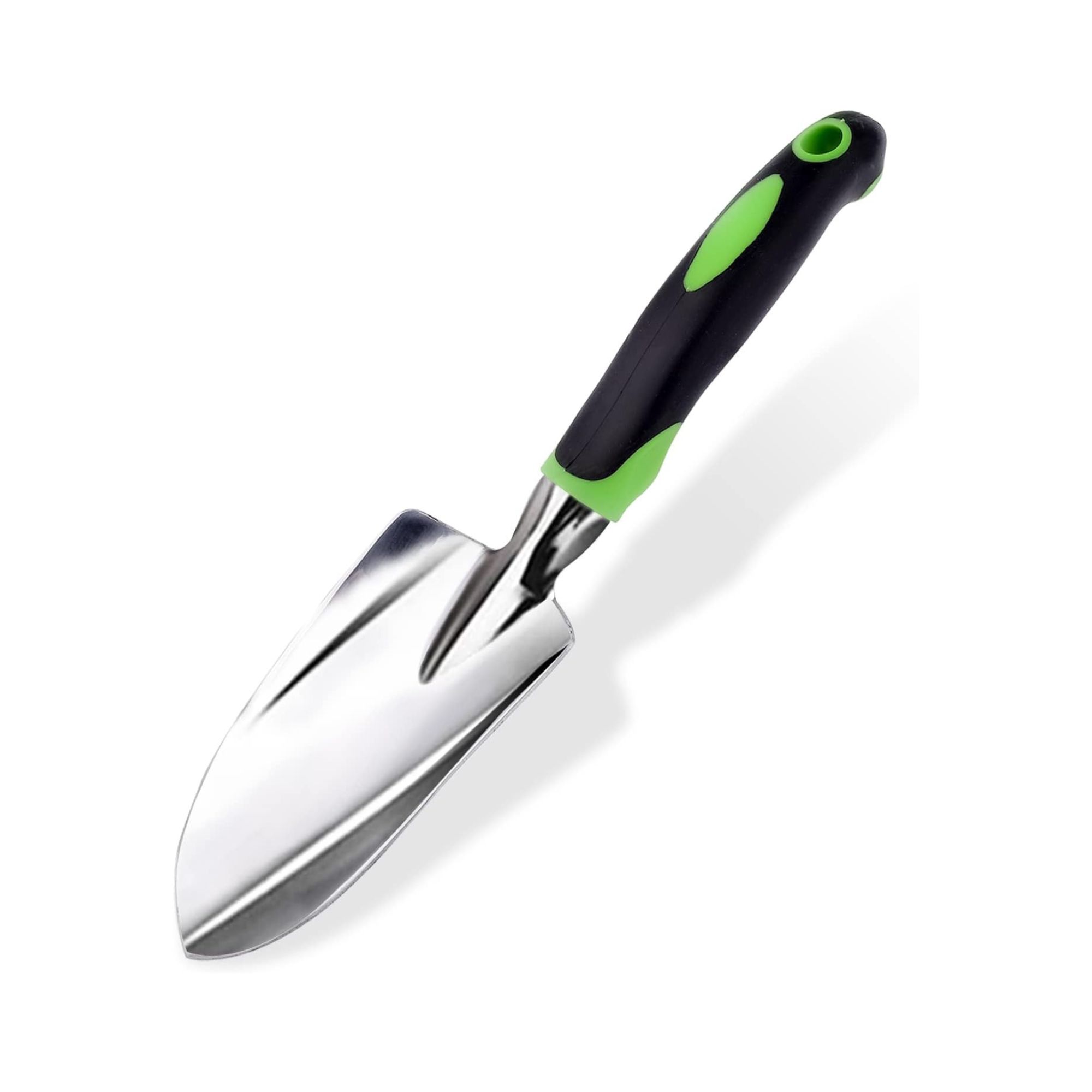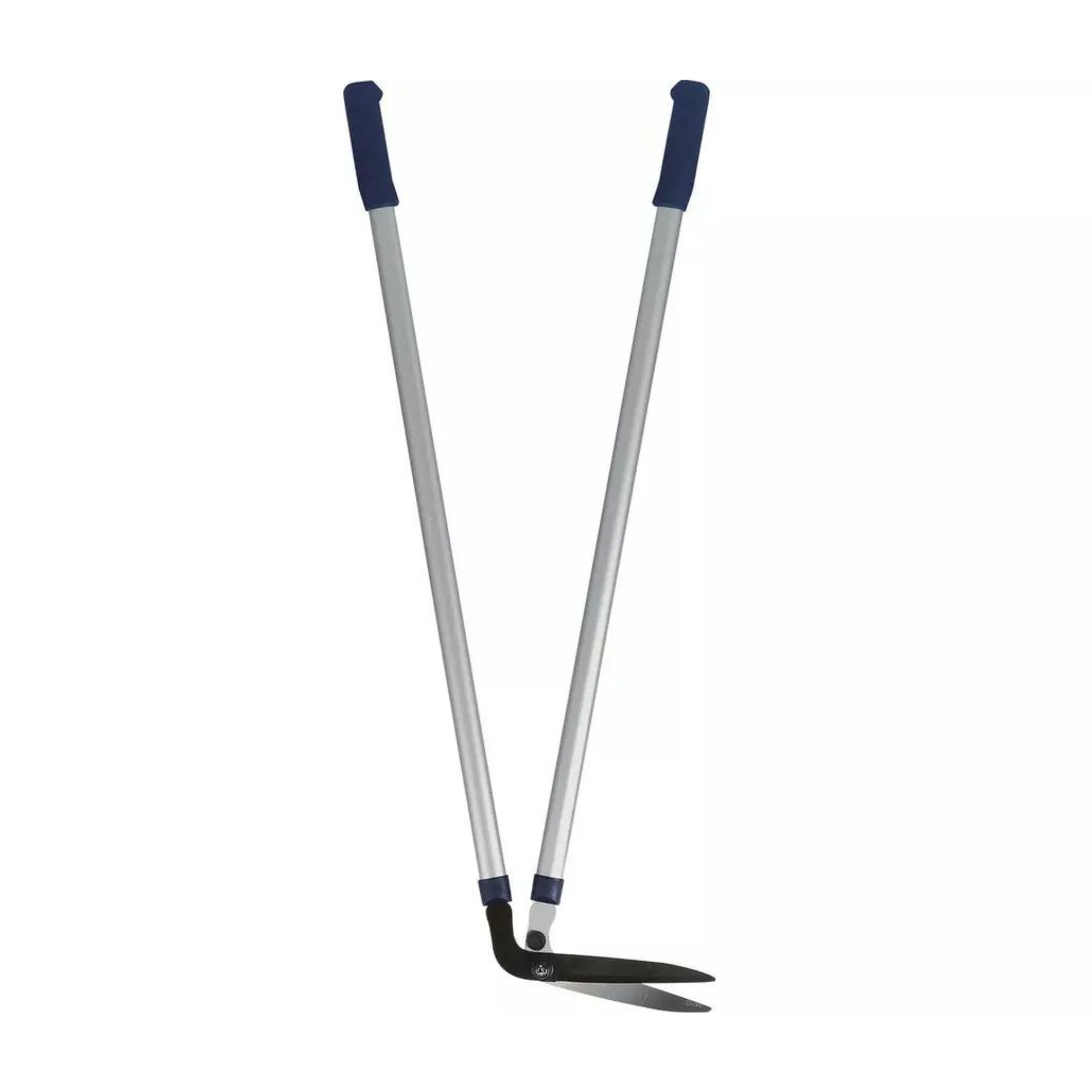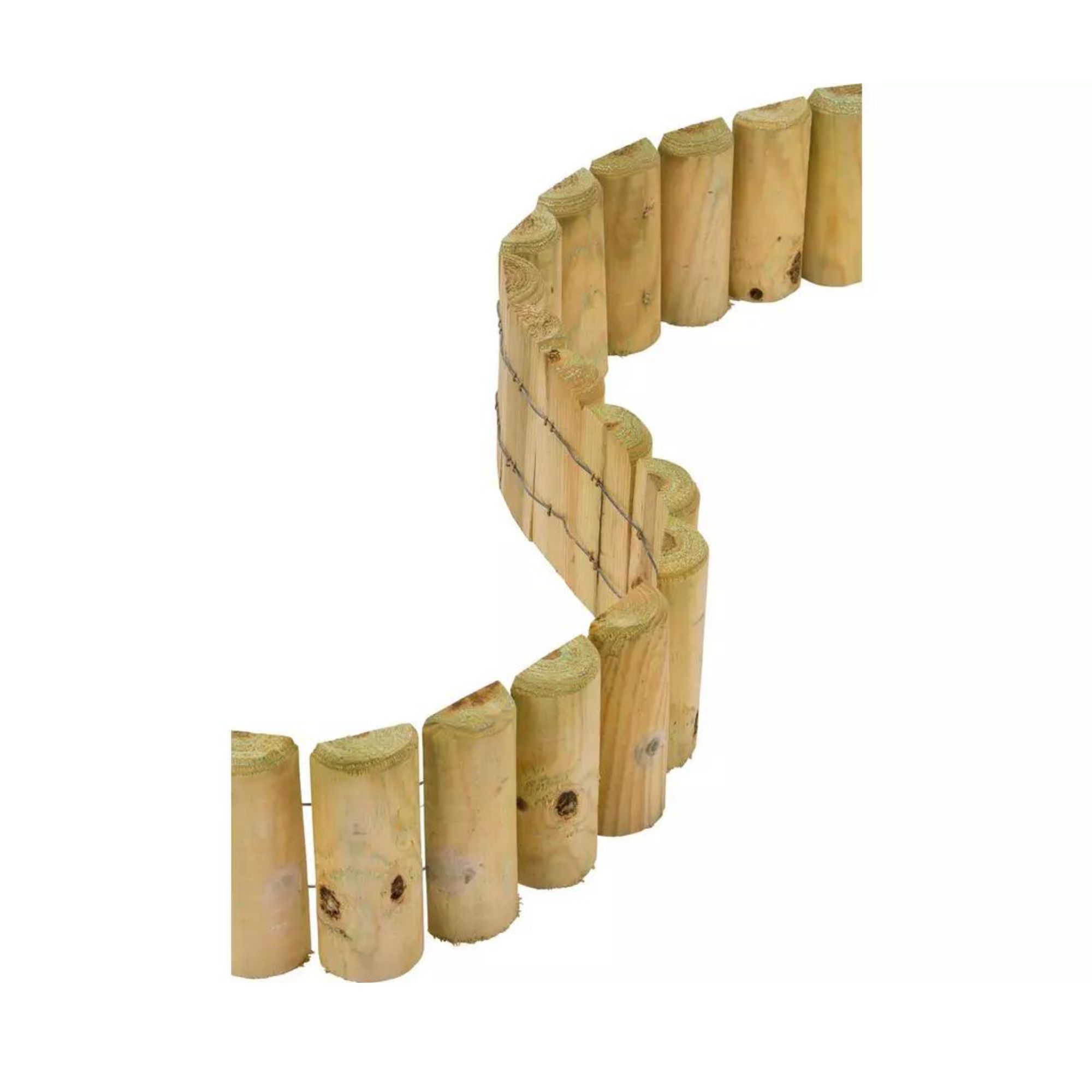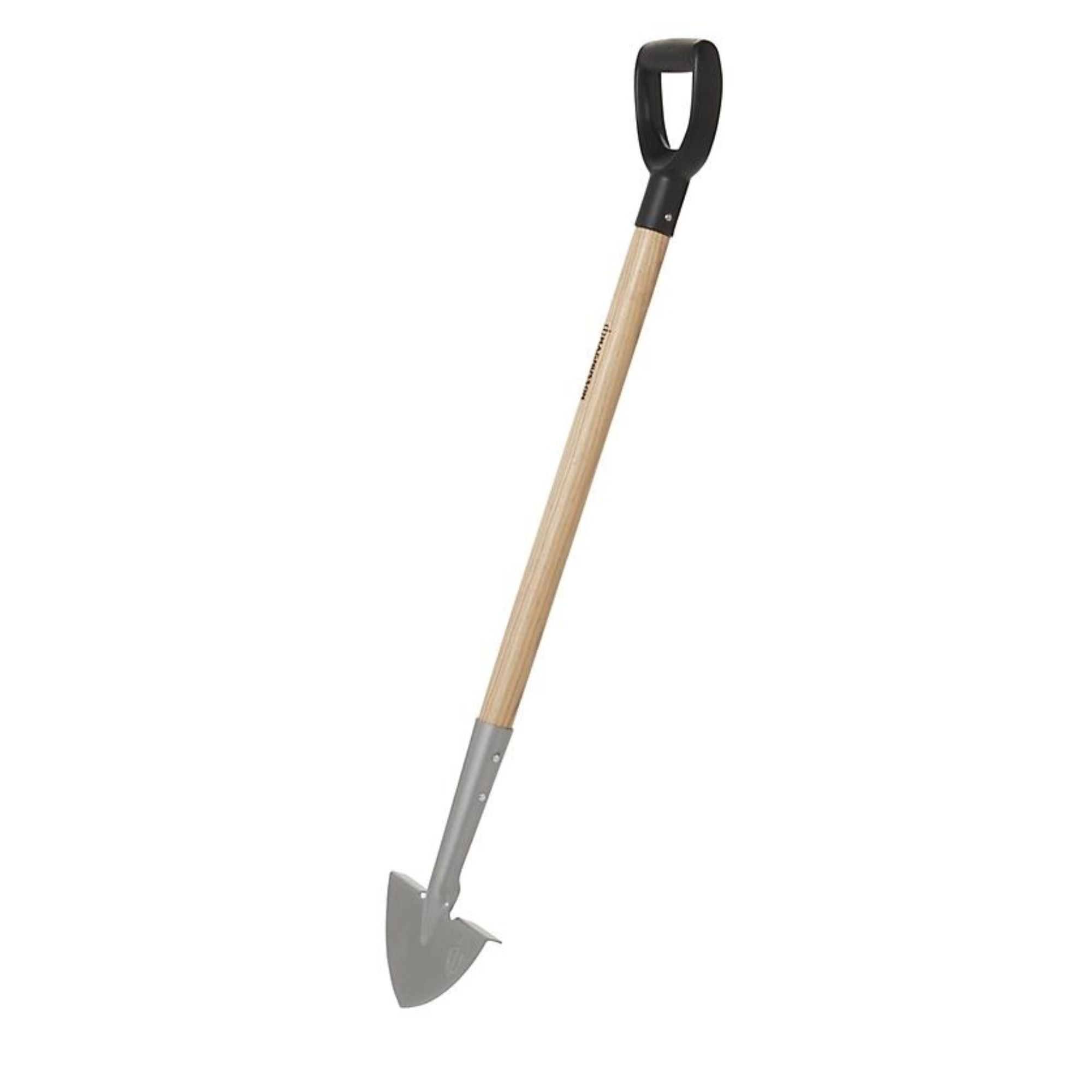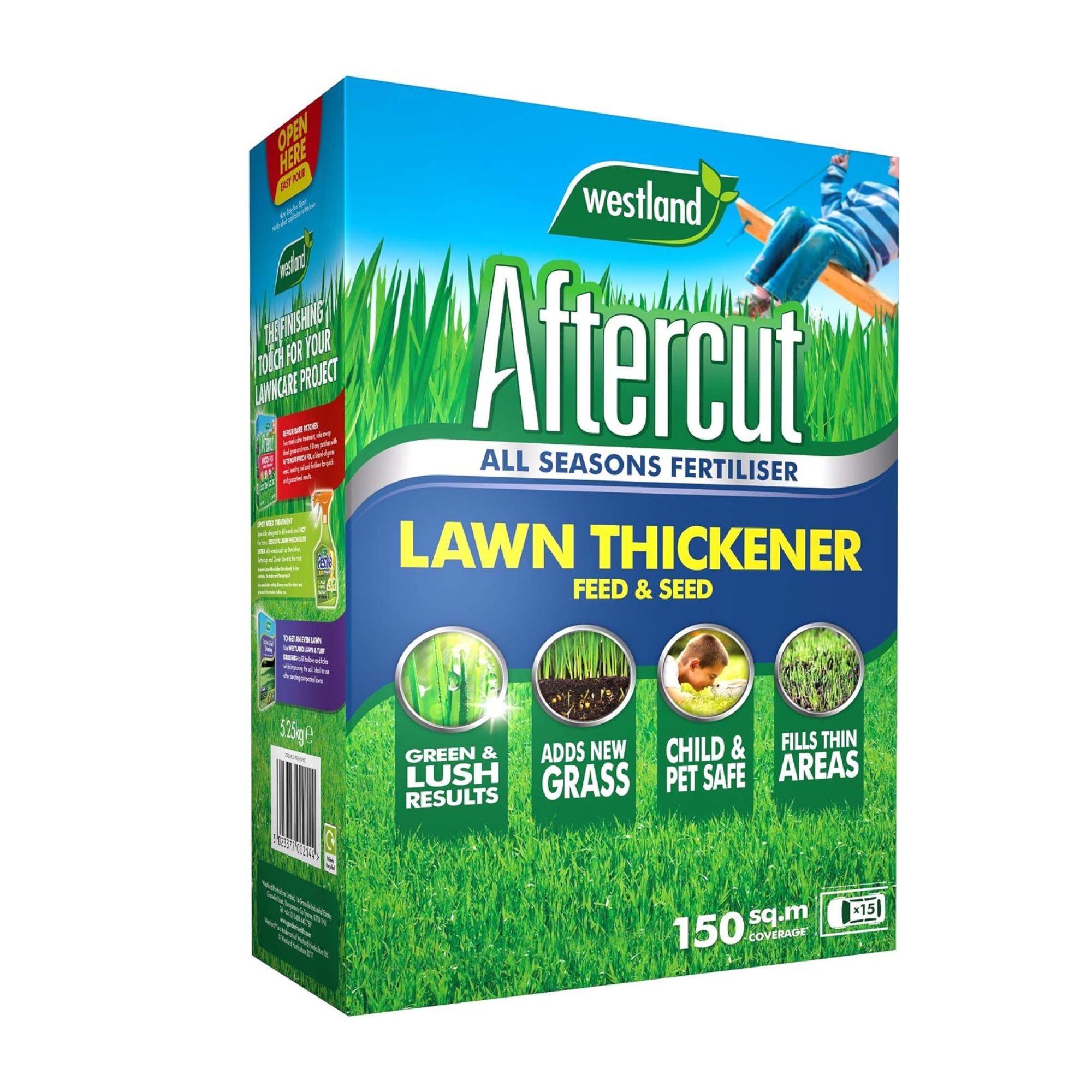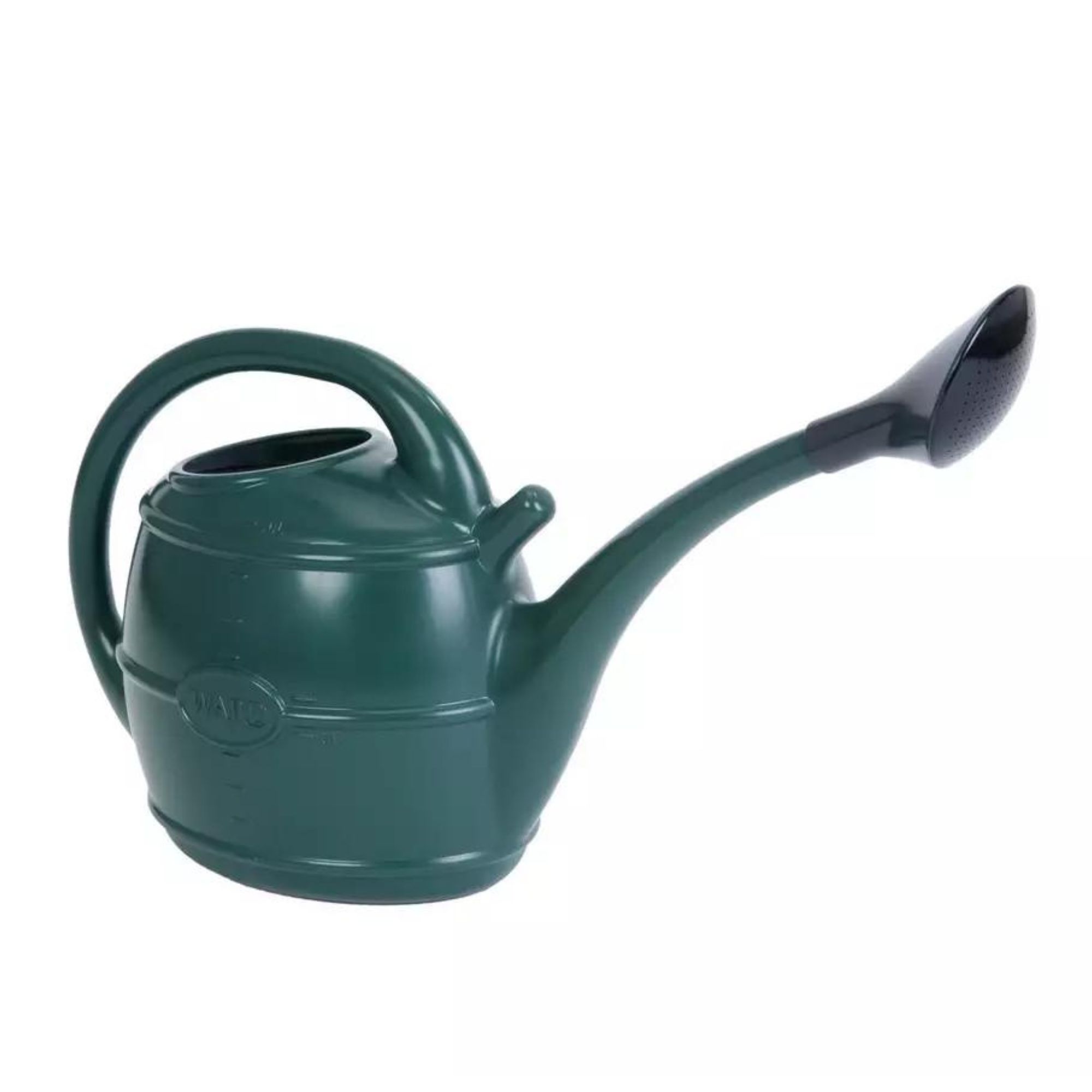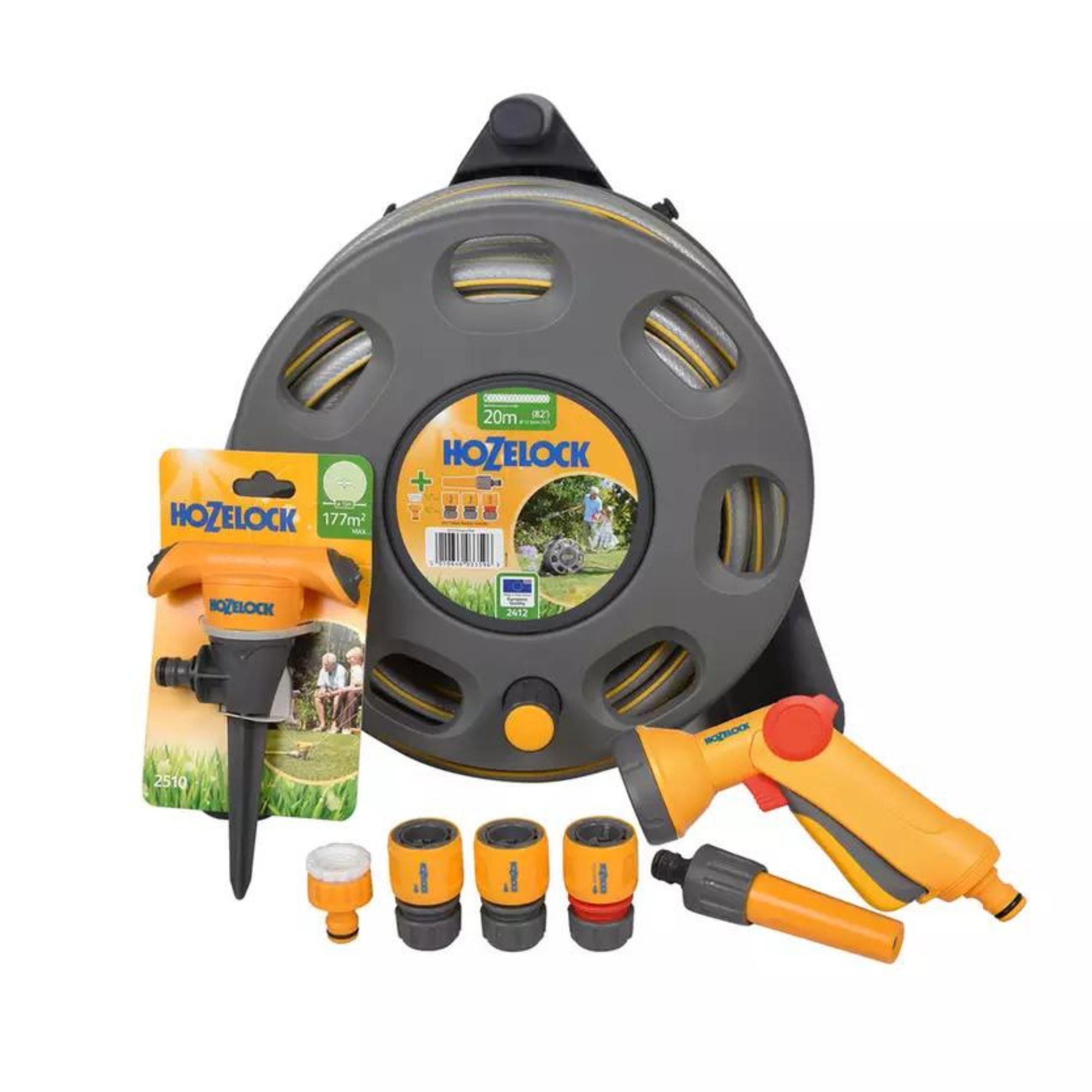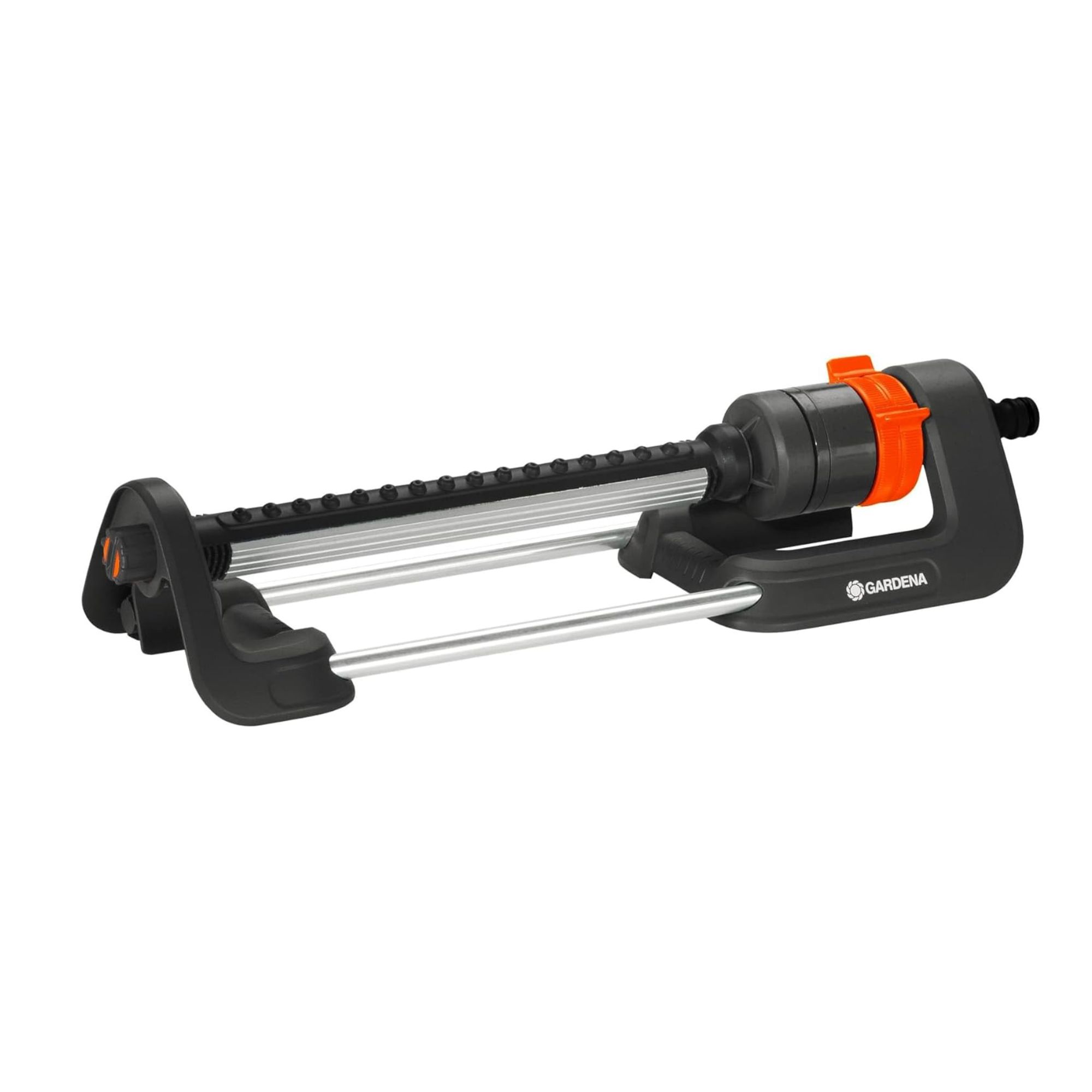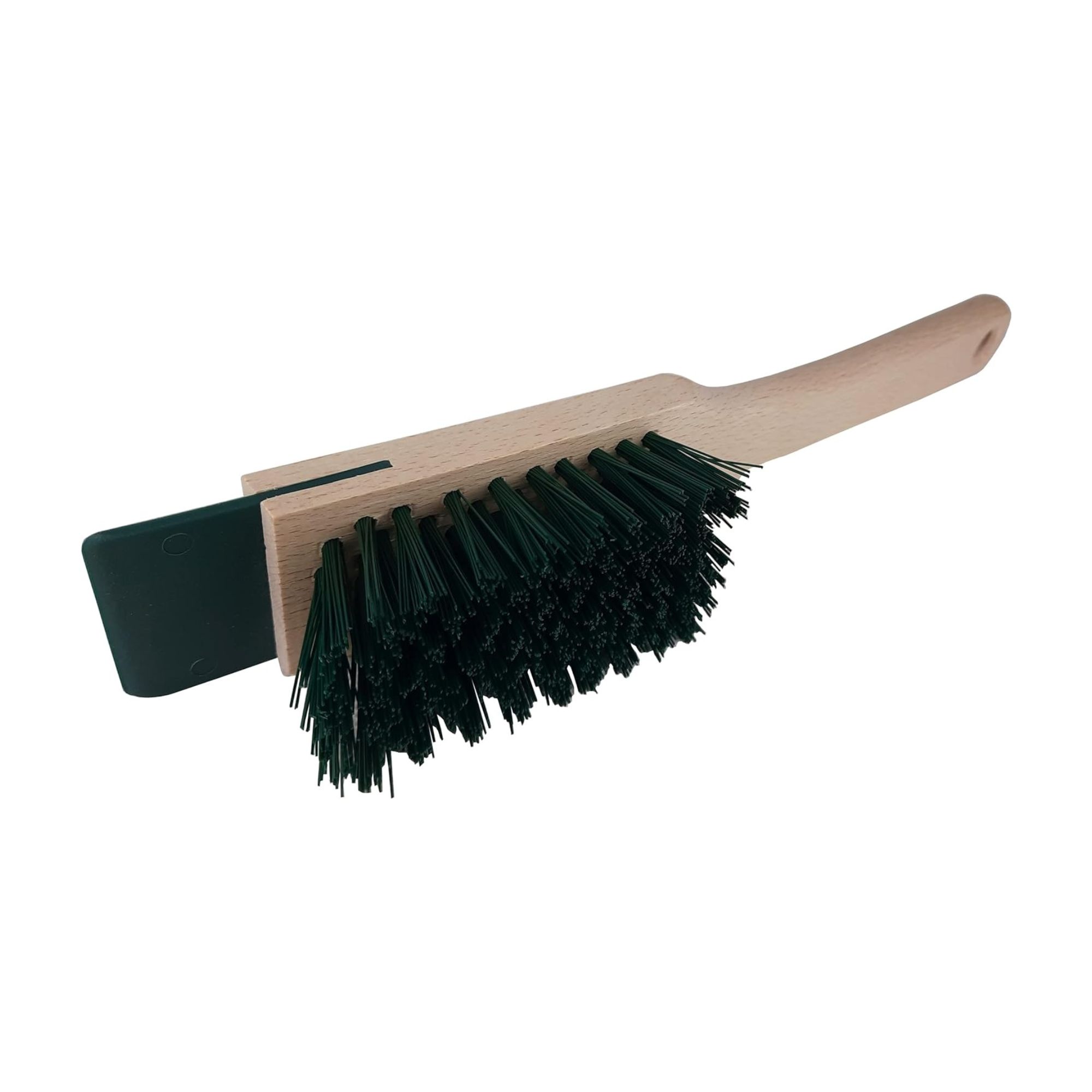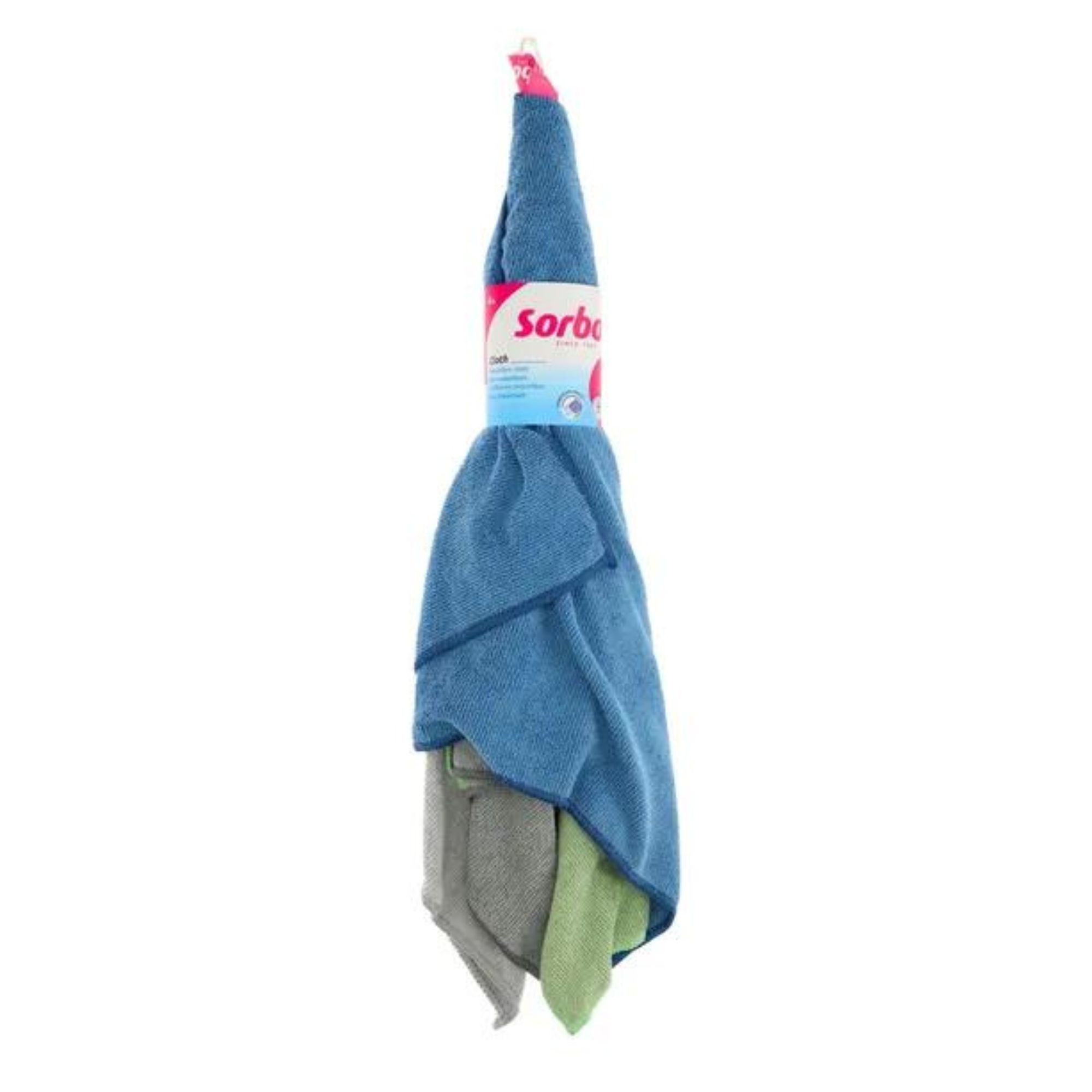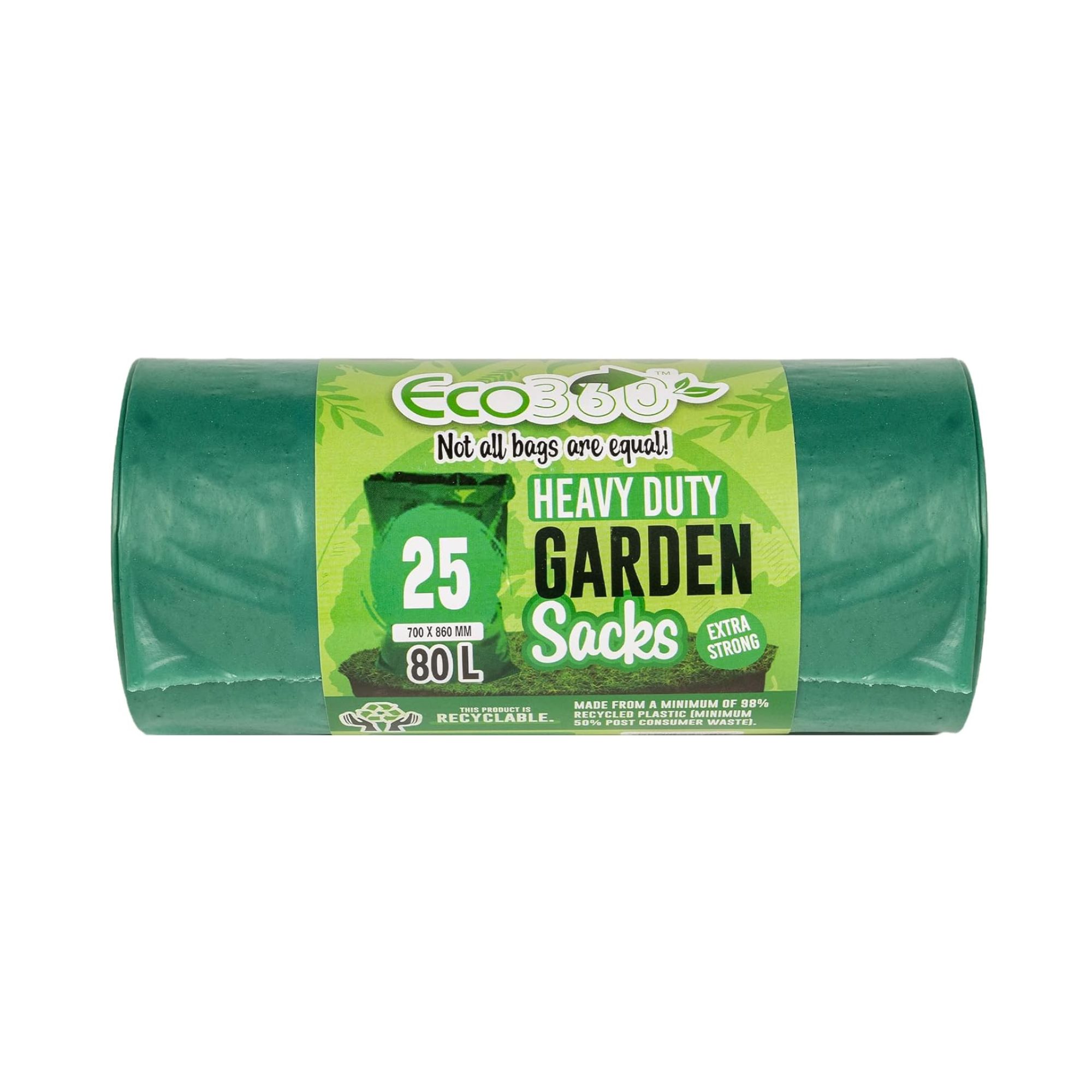5 essential lawn care tasks for June - plus, an extra step for those who want to maintain a healthy lawn this summer
Tick these off your June to-do list

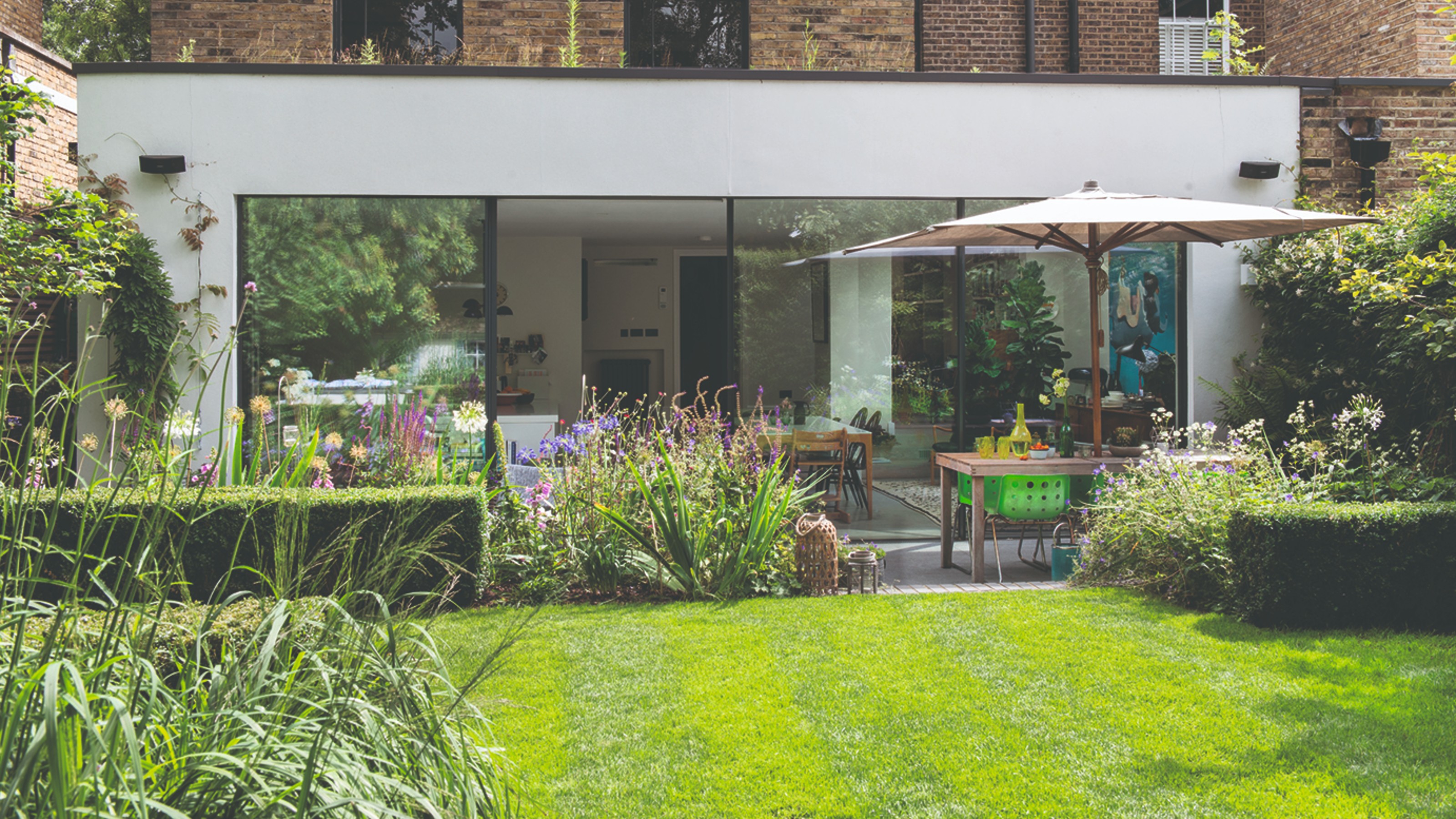
Sign up to our newsletter for style inspiration, real homes, project and garden advice and shopping know-how
You are now subscribed
Your newsletter sign-up was successful
June is always a strange month for lawn care. One minute, it’s hot and sunny, and the next, we’re dealing with torrential downpours and high winds. And with even more bizarre weather patterns (apparently) on the horizon, experts are urging gardeners to try and find the perfect window to complete these lawn care tasks for June.
Yes, if you have big lawn ideas and dream of turning your lawn into a green paradise worthy of hosting the Euros 2024, you need to understand the importance of lawn care itself. After all, tip-top lawn care is so much more than having one of the best lawnmowers at your disposal.
So, what should you be ticking off your list in June? Well, we’ve reached out to lawn care experts who shared their top tips for June lawn care. All you need to do is find a break in the rain to complete them.
Lawn care tasks for June
While you may have high hopes of spending the whole month of June hanging out on the best garden furniture or heating things up with your brand-new BBQ, experts urge you to keep on top of your lawn care, too. In fact, certain lawn tasks can only be completed in June - so make sure you tick them off your to-do list!
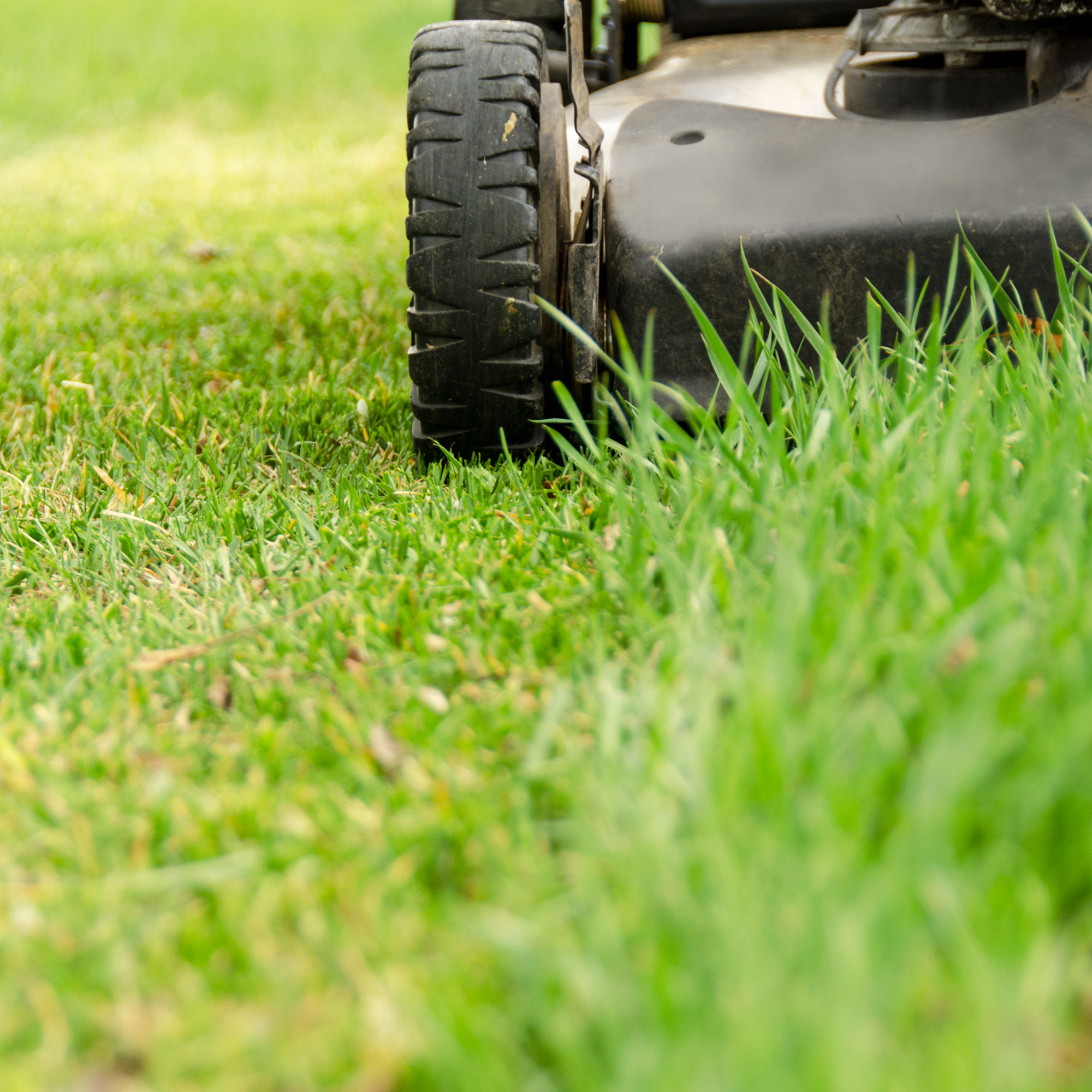
1. Keep mowing
June is the month your lawn mower gets a real workout. According to the lawn mowing calendar, you should aim to mow your lawn 4 to 8 times this month, as June is the prime growing time. So, keep on mowing.
Jim Kirkwood, garden expert at Worx, explains, ‘The key to achieving a great lawn is regular mowing. When the weather is drier during this fast-growing period, try to mow twice a week to achieve an attractive and dense turf that is free from weeds.’
But if you’ve been participating in No Mow May, remember to go slow and steady for your first June mow. In fact, slow and steady is essential to protect your lawn from damage.
Sign up to our newsletter for style inspiration, real homes, project and garden advice and shopping know-how
‘When mowing, remember the one-third rule, which means never removing more than one-third of the grass length,’ urges Jim.
‘If your lawn requires multiple mows to achieve a desired height, ensure you leave three days between each cut. This will allow the grass to recover and reduce the effect of removing too much green leaf, which can expose unsightly yellow grass stems.’
With wet weather on the horizon, it’s also a good idea to be clued up on the dos and don’ts of cutting wet grass so your hard work doesn’t go to waste.
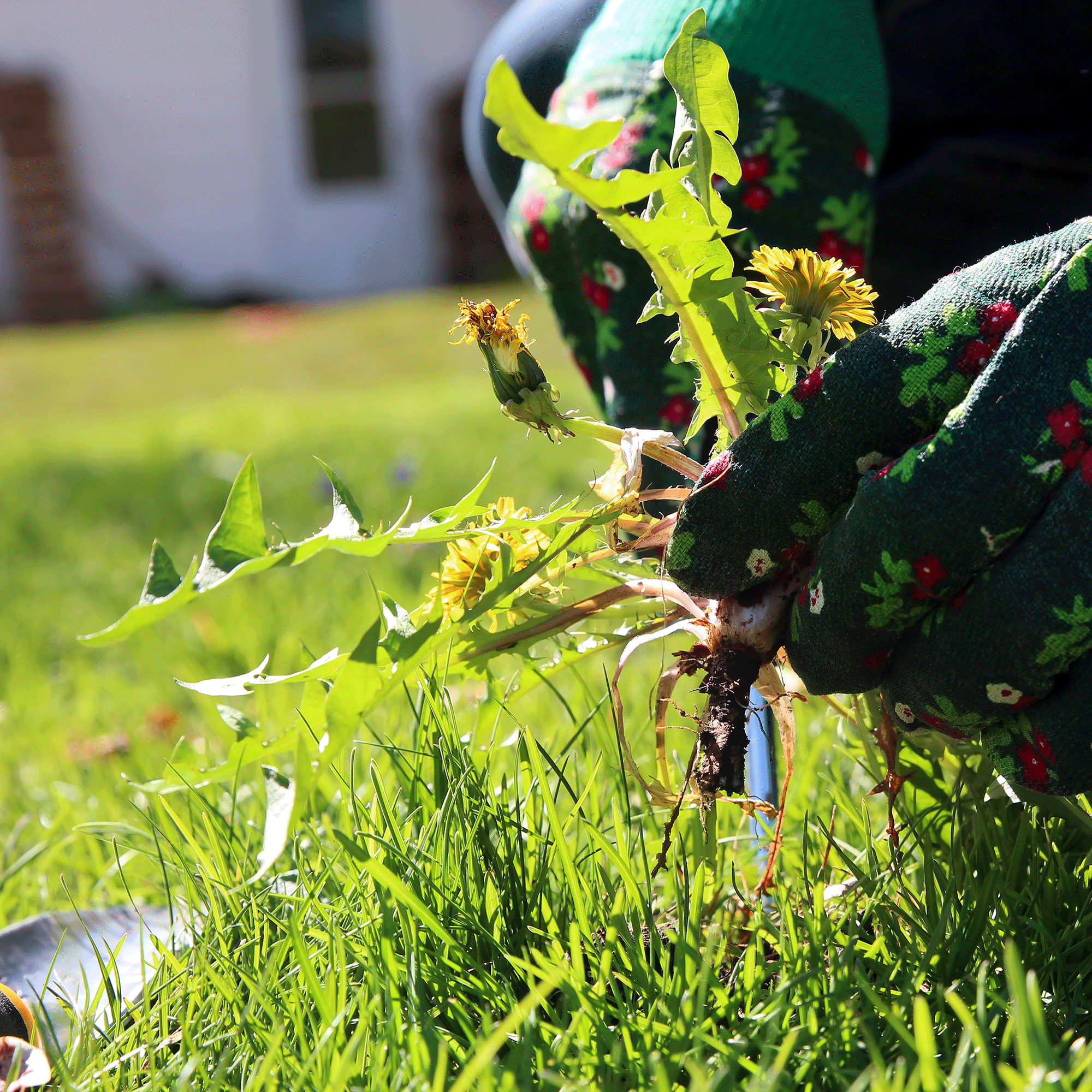
2. Get rid of weeds
If weeds are getting you down this month, you’re not alone. Weeds come out in full force in June, and gardens nationwide battle these pesky invaders daily. But June is a great time to tackle these weeds once and for all.
Knowing how to kill weeds is key, but if you really want to target these weeds - no matter whether they’re dandelions, stinging nettles, or common chickweed - you really need to knuckle down on where they’re popping up.
Luckily, we have many guides on how to get rid of weeds in a patio, how to get rid of weeds in gravel, and even how to get rid of weeds in a lawn for you to peruse.
And while you could simply use weed killer, we’d always suggest using natural alternatives instead of chemicals - especially as weed killer is one of the many common garden products that could be poisoning the wildlife in your garden.
This is echoed by John Clifford, garden expert at Gardenstone, who says, ‘Chemical herbicides can damage the entire ecosystem of your garden and even the surrounding area, and can kill your lawn. While some gardeners will recommend herbicide straight away, I highly recommend trying manual, non-damaging methods first.’
In fact, our Senior Digital Editor, Jenny McFarlane, is particularly fond of using the Root Slayer Shovel in her garden.
Just remember that weeds come in many different shapes and sizes, and there are some weeds you should actually keep in your garden.

3. Sharpen up your edges
When was the last time you gave your lawn edging some TLC? If you can’t remember, this is your sign to sharpen up your edges this month. Thankfully, there are many garden edging ideas out there for you to choose from.
Although you could keep things neat and tidy with a simple edging tool, you could also go one step further and use extra materials to separate your lawn from the rest of the garden. These include woven willow edging, metal edging, wood chips, tall planters, and more.
Just remember to keep a ‘gutter’ (typically around three inches) in between the lawn and your garden borders to ensure the two don’t merge into one.

4. Apply summer fertiliser
You might already know that the best times to fertilise your lawn are in the spring and autumn. But if your lawn looks a little worse for wear - or you forgot to fertilise it in the spring - there’s no harm in giving it an extra boost this June.
Morris Hankinson, Director of Hopes Grove Nurseries, explains, ‘It can be helpful to fertilise your lawn with an organic fertiliser at this time of year to help growth throughout the summer. There are many available in pellet or liquid form. Look for pet, wildlife and child-safe fertiliser and apply it according to the instructions.’
Of course, this lawn care task for June depends on how and when you’ve previously treated your lawn. If you used a spring and summer lawn fertiliser recently, it may be that your lawn is due for a secondary treatment.
If you used a slow-release fertiliser in the spring, however, it may be that you don’t need to give it any summer treatment.
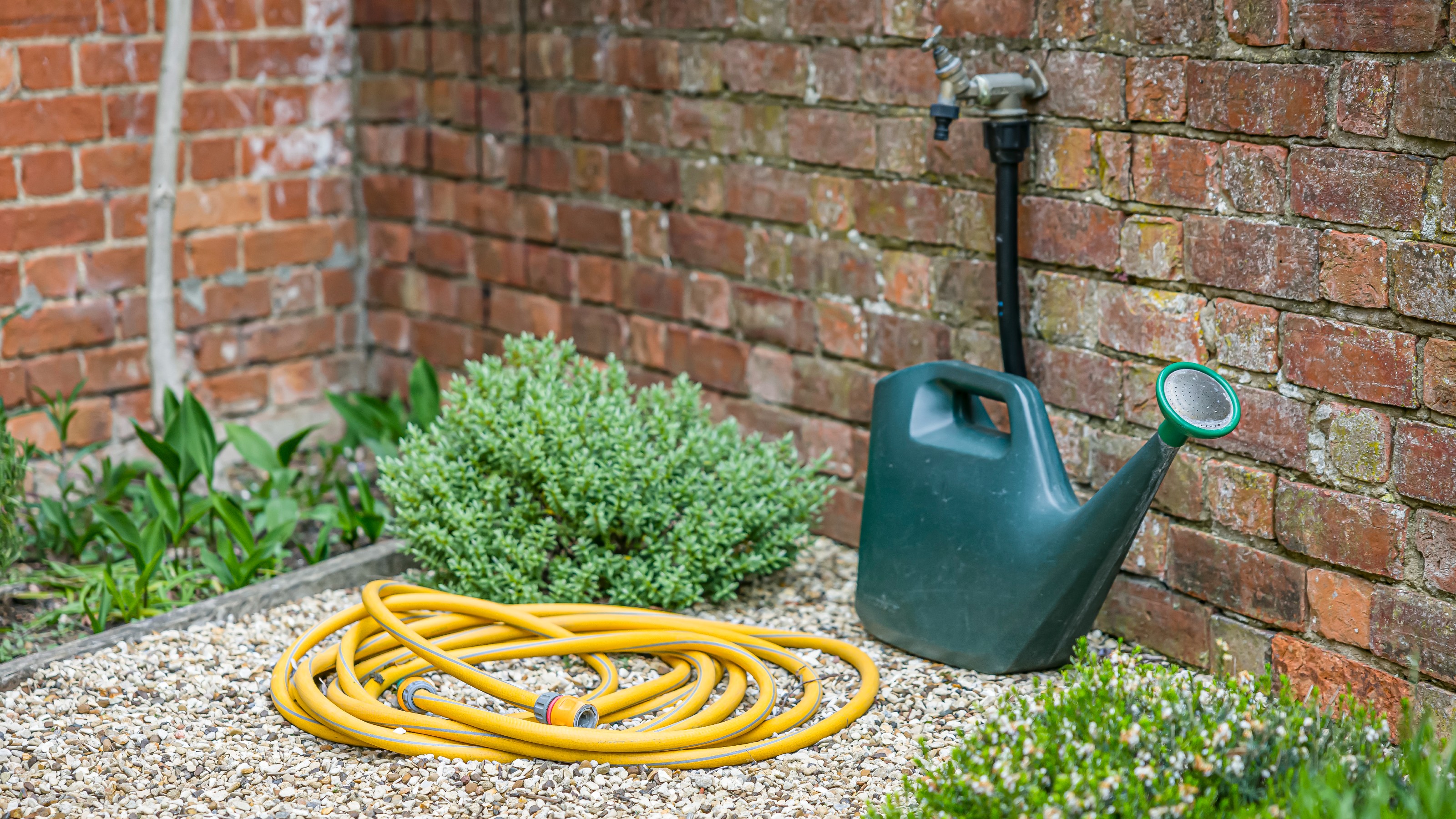
5. Adjust watering schedule
Most of us want to make our grass look greener, and we know that a well-watered lawn will always result in a more vibrant colour. But as summer approaches, June is the ideal time to adjust your watering schedule.
John says, ‘If it's dry, then your lawn will need manual watering. Unless heat levels are excessively high then it'll survive without rain for a small amount of time, however it's recommended to keep it well-watered to ensure it keeps growing as normal.’
Because of this, it’s a good idea to keep an eye on the weather forecast and the look of your lawn. If there’s no rain on the horizon, it’s best to step in and help - as long as you know the right time to water your lawn.
However, it’s important to note that an established lawn can often last a few weeks without watering, so don’t worry too much if the weather forecast is hot and sunny for the next few weeks.
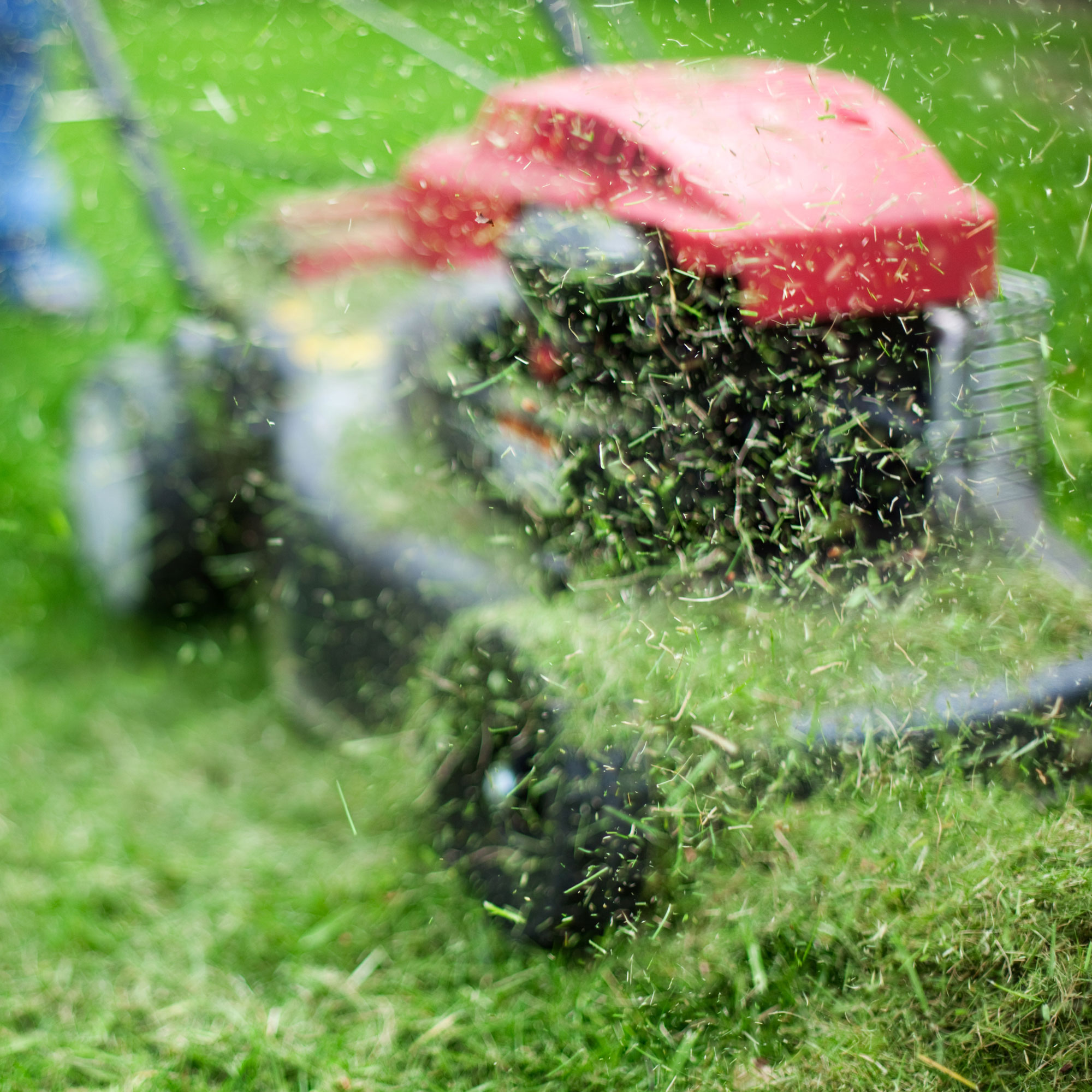
6. Service your lawn mower
Okay, this lawn care task for June might not be directly related to the grass itself, but a poorly maintained lawn mower can still drastically affect your lawn's health. So, it still counts, right?
Yes, as you’ll be using your lawn mower more than ever in June, experts would suggest setting aside some time this month to service and clean your lawn mower.
Jim explains, ‘To help prevent your mower from overheating, make sure that the blades are sharp and are in good condition. Dull blades tend to tear grass, instead of cutting it, which can cause damage to your lawn and make it more susceptible to disease. '
‘Once you’ve finished mowing, get into the habit of giving your lawn mower a quick clean after use. This will ensure a prolonged life span and make your next mow much quicker.’
Thankfully, this task isn’t difficult, either. All you need is a soft-bristled brush, a microfibre cloth, a hose to wash off the excess grass clippings - and, of course, some bin bags to empty the collection box after each use.
FAQs
Should you scarify in June?
You should avoid scarifying your lawn in June, as you may damage it. In fact, removing any layers of moss or dead thatch leaves your grass completely exposed to the elements - including the scorching sun, high temperatures, and potential downpours. This could even kill your lawn.
Instead, wait until the autumn months to scarify your lawn, and then scarify it again in the spring.
Can you overseed a lawn in June in the UK?
Technically, you can overseed a lawn at any time of the year - but that doesn’t mean that you should. Most experts would advise against overseeding your lawn in June as it won’t offer you the results you’re looking for.
That’s because June is too late in the year to be sowing grass seed, as the temperatures are too high and the days are often too dry for the seed to work its magic.
If you’re worried about the health and colour of your lawn, opt for a summer fertiliser instead.
Now you know which lawn care tasks to add to your to-do list for June, it’s time to get cracking!

Lauren Bradbury has been the Content Editor for the House Manual section since January 2025 but worked with the team as a freelancer for a year and a half before that. She graduated with a Bachelor’s degree in English and Creative Writing from the University of Chichester in 2016. Then, she dipped her toe into the world of content writing, primarily focusing on home content. After years of agency work, she decided to take the plunge and become a full-time freelancer for online publications, including Real Homes and Ideal Home, before taking on this permanent role. Now, she spends her days searching for the best decluttering and cleaning hacks and creating handy how-to guides for homeowners and renters alike, as well as testing vacuums as part of her role as the Ideal Home Certified Expert in Training on Vacuums, having spent over 110 hours testing different vacuum models to date!
